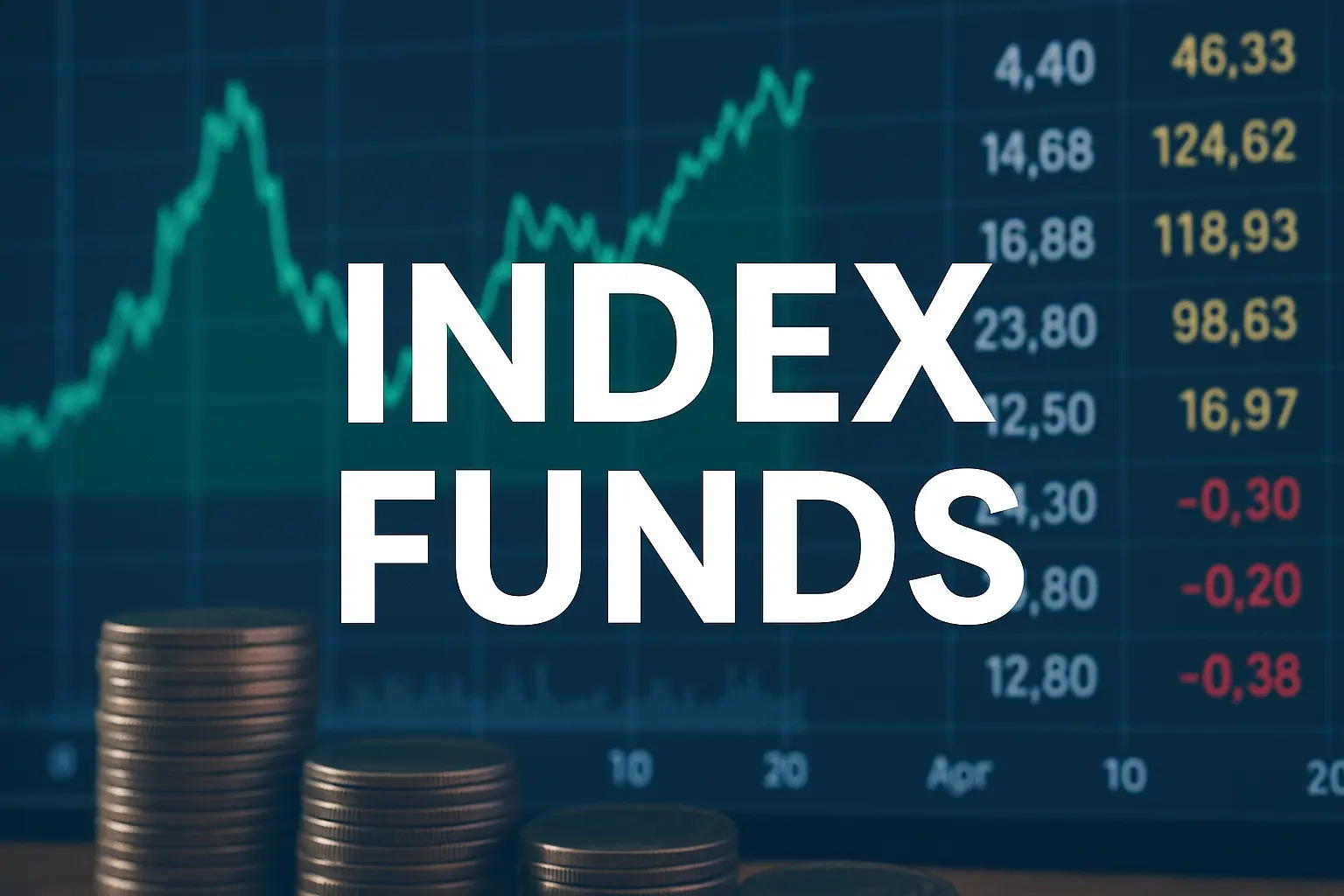Discover Index Funds: Smart, Simple Investing
What is an Index Fund?
An Index Fund is a type of mutual fund or Exchange-Traded Fund (ETF) that follows a passive investment strategy. Unlike actively managed funds where a manager tries to "beat the market" by picking winning stocks, an index fund simply aims to mirror the performance of a specific market benchmark, called an index.Think of an Index as a Scorecard: A market index, like the S&P 500 (tracking 500 of the largest U.S. public companies), is a measure of the performance of a specific group of stocks or bonds. You can't invest in the index itself.
The Fund's Goal: The index fund invests in all (or a representative sample) of the securities within that index, holding them in the same proportions. If the S&P 500 goes up 1%, the index fund tracking it aims to go up about 1%.
The Big Benefits (Especially for Beginners)
Index funds are widely recommended for new and long-term investors due to several key advantages:Low Costs: Because they follow a simple, pre-set strategy, index funds don't require expensive research or frequent trading. This results in much lower fees (called the expense ratio) compared to actively managed funds, meaning you keep more of your returns.
Instant Diversification: With a single purchase, you gain exposure to dozens or even hundreds of different companies or assets. This diversification instantly spreads your risk, so the poor performance of any one company won't sink your entire investment.
Simplicity: They offer a straightforward, "set-it-and-forget-it" approach. You don't need to spend time analyzing individual stocks or predicting market movements—you're betting on the long-term growth of the overall market.
Consistent Returns: Historically, many index funds tracking broad markets have delivered strong, consistent returns over the long run, often outperforming the majority of actively managed funds after fees.
How to Get Started
Index funds are an accessible and powerful tool for building long-term wealth. You can typically invest in index funds (often as ETFs) through any major brokerage account.Look for funds that track well-known, broad market indexes and have a very low expense ratio!





